11 Strange Side Effects Of Cucumber
We bet you did not know this fruit could affect your body in such obscure adverse ways.

Image: Midjourney/ StyleCraze Design Team
Cucumbers are a go-to snack for weight watchers, and their cooling crunch in summers gives all of us a sigh of relief. While they are good for you, are you aware of the side effects of cucumber? Yes, and these effects are associated with its overconsumption.
Cucumbers are chosen by many for the array of benefits they offer. They are loaded with many beneficial nutrients and can be an excellent addition to your salads, sandwiches, or pasta (1). You can have them baked or grilled too. In fact, they are among the few foods that promote hydration (2). However, recent research sheds light on their negative effects, including itchy skin and an embarrassing belch. People with chronic sinusitis should also minimize their intake of cucumbers, as they may aggravate the condition. Learn further about the side effects associated with excess cucumber consumption. Continue reading.
 Know The Flip Side: Cucumber
Know The Flip Side: CucumberShort-Term Effects
Digestive issues, toxicity, allergy and blood clotting.
Long-Term Effects
May cause abdominal cramps, sinusitis, and frequent urination during pregnancy, leading to loss of fluid in the body.
Drug Interactions
Consuming cucumbers with anti-diabetic medicines can cause alarmingly low blood sugar level.
When To See A Doctor
If you have sudden skin and oral allergies, like rashes, or if you have been facing constant low blood pressure, you should consult a doctor.
In This Article
11 Side Effects Of Cucumber
Read on to learn more about these unwelcoming reactions your favorite veggie gives based on scientific studies and anecdotal evidence.. This, in turn, will help you find an alternative way of enjoying it.
Key Takeaways
-
- Eating cucumbers may cause bloating in people with sensitive digestive systems.
- People who are allergic to sunflower seeds, milk, and bananas should avoid cucumbers.
- The toxins in cucumbers may increase cancer risk, acne, aging, and other health problems.
- Cucumbers may worsen pre-existing sinusitis.
- Excessive consumption of cucumbers by pregnant women may induce frequent urination and a distended tummy.
Infographic: Concerns Over Cucurbitacins In Cucumbers

Illustration: StyleCraze Design Team
1. It Could Prove To Be Toxic
The presence of the toxins, such as cucurbitacins and tetracyclic triterpenoids in cucumber is a thing to worry about (3). Studies have proven that these elements trigger the bitter taste in these wonderful veggies. Researchers point out that consuming cucurbitacins could even be life-threatening.
 Trivia
Trivia2. Excessive Loss Of Fluid
Cucumber seeds are the source of cucurbitin, an ingredient that is known to possess innate diuretic properties (the ability of a substance to increase urine production) (4). Even though the diuretic nature is mild, excessive intake could prove to be less harmful for you. When ingested in large quantities, this diuretic ingredient results in excessive elimination of fluid from your body, hampering the electrolytic balance. In extreme conditions, it could leave you in severe dehydration!
3. Side Effects Of Excessive Vitamin C
Vitamin C
is an immune boosting element (5). Plus, it plays a major role in preventing and combating various health conditions, including flu and scurvy. It is also a powerful antioxidant. Nevertheless, exceeding the recommended limits comes with its own set of harmful effects. Vitamin C, when ingested in extremely large quantities, acts like a pro-oxidant against its innate anti-oxidative nature (6). This, in turn, triggers the growth and spread of free radicals. And, when free radicals roam around, you will be at a higher risk of cancer, acne, premature aging, and so on. Research also suggests that excessive vitamin C intake may cause nausea, diarrhea, stomach cramps, and kidney stones. It may also negatively affect the effectiveness of chemotherapy and other medications like warfarin and niacin (7). Alicia Chacha Miller, a Registered Dietitian and Licensed Dietitian Nutritionist, says, “To avoid complications, individuals on these medications should maintain a steady vitamin K intake and consult their healthcare provider before making dietary changes.”
4. Harmful For Renal System
Hyperkalemia is a medical condition that arises due to the presence of high potassium content in the body (8). It leads to bloating, abdominal cramps, and intestinal gas, initially. The condition worsens over time, hampering the functioning of the kidneys in an effective way. This, in turn, puts your renal system at the risk of succumbing to damages.
5. Watch Your Heart
Cucumber, as you all know, contains more than 90% of water in it. And drinking excess leads to excessive ingestion of this fiber loaded veggie. The higher the water intake, the higher the net volume of blood will be. This, in turn, exerts pressure on the blood vessels and on the heart. The result – your heart and blood vessels will incur unwanted damages. Excessive presence of water could also create an imbalance in the electrolyte levels of the blood, which actually causes the seepage in cells (9). This may lead to frequent headaches and obstructed breathing.
6. Milk Allergy
This sounds weird, but true. Many a time, farmers use wax to coat the skin of these fragile veggies to safeguard it from insects as well as shipping damages. Wax is made up of numerous ingredients, including milk casein, soaps, and ethyl alcohol. People who are allergic to milk can demonstrate an allergic reaction to milk casein as casein is the major allergenic component of cow’s milk (10).
7. Bloating And Flatulence
Cucumber can cause bloating and flatulence due to its fiber content. Although the soluble fiber in it is moderately fermentable, it is less likely to be broken down by gut bacteria. This slower fermentation can lead to gas accumulation in the intestines, causing discomfort, bloating, and flatulence, especially when consumed as part of a high-fiber diet (11), (12). If you form gas in your stomach by eating onions, cabbage, and/or broccoli, then it is advisable to restrict the consumption of cucumbers as well.
Ms. Miller says, “Eating cucumbers in large amounts could potentially cause problems for individuals with sensitive digestive systems or gastrointestinal issues. Cucumbers contain naturally occurring compounds called cucurbitacins that can contribute to digestive upset, but peeling the skin may help reduce this effect”
Ani Fuller, a blogger, observes her personal experience thus: “As plain as they seem, cucumbers are actually quite well-known to cause gas. It’s a substance called cucurbitacin found in cucumber skin that causes the problem. For some people, skinning them works but cucurbitacin can leach into the flesh too so it doesn’t work for everyone and sadly not for us (i).”
8. Oral And Skin Allergy

Study conducted by the American Academy of Allergy Asthma and Immunology on the allergic reactions of cucumber on human beings suggest that people who are allergic to ragweed pollen, melons, chamomile tea, bananas, and sunflower seeds could also experience allergy after consuming this green-skinned veggie (13). Even though cooking or grilling cucumbers could possibly remove this threat, it is better to substitute zucchini for the same to avoid allergies. A case report published in the International Association of Asthmology found that individuals with latex allergies may experience cross-reactivity with cucumbers. A 76-year-old woman experienced dizziness, vomiting, difficulty breathing, red skin on her chest, and vaginal itching just 5 minutes after eating cucumber. This is due to proteins in cucumbers that are similar to those found in latex (14). Therefore, people with latex sensitivities should be cautious when consuming cucumbers to avoid allergic reactions.
9. It May Cause Sinusitis

If you have sinusitis or any kind of chronic respiratory conditions, then it is advisable to stay away from eating cucumber. If Ayurvedic practitioners are to be believed, the cooling effects of these veggies aggravate such conditions, leading to complications.
10. Cucumber During Pregnancy

While cucumber is generally considered safe during pregnancy, there are certain conditions that could make you uncomfortable if it is consumed excessively.
- The diuretic nature of these veggies will trigger frequent urination, causing you irritation and discomfort.
- Cucumbers are good sources of fiber and hence, uncontrolled portions could leave you bloated. You might also experience a distended tummy along with abdominal pain.
Note:
Look for “burpless” cucumber varieties that have less cucurbitacin in them, resulting in lesser stomach upsets.
 Trivia
Trivia11. Eye Irritation
Cucumbers possess hydrating and cooling properties and are often used as a natural remedy to soothe tired eyes and reduce puffiness. However, anecdotal evidence suggests that applying cucumber slices to the eyes for extended periods may cause allergic reactions in some individuals.
Unwashed cucumbers can carry pesticide residues or bacteria that can increase the risk of eye irritation or infection. Hence, wash the cucumber slices thoroughly before using them.
But ensure you remove them off if you still experience swelling, itching, or any discomfort. Get immediate medical attention.
Tips To Avoid Cucumber Side Effects
Here are a few handy tips that you could try to avoid the aforementioned side effects of cucumbers.
- Wash the cucumber thoroughly under running water.

- Ensure to remove the peels of the cucumber to safeguard yourself and your family from the toxins hidden on the peels.

- If you find that raw cucumbers are giving you a tough time, then try sautéing or grilling the same.
- Consider eating cucumbers in moderation to avoid excessive fiber intake, which can lead to bloating and gas.
- If you have a sensitive stomach, try removing the seeds, as they may cause discomfort for some individuals.
- For those with latex allergies, avoid cucumbers altogether to prevent any allergic reactions.
What to do if you experience side effects?
If you experience side effects like bloating, flatulence, or allergic reactions after consuming cucumbers, it is best to reduce their intake or avoid them altogether. If symptoms persist, consider consulting a doctor.
The side effects of cucumber come with its excessive consumption. Not many know that it can even be life-threatening due to the presence of certain toxins like cucurbitacins. As it is a rich source of vitamin C, the excess intake of cucumbers may also be counterproductive with regard to its antioxidant function. Their high potassium content may also put pressure on the kidneys and damage the renal system, while its high water content could exert pressure on the heart and blood vessels. The cucurbitacin in it may also cause indigestion and lead to bloating and flatulence and sometimes to diarrhea, nausea, and vomiting. Moreover, the cooling effects of cucumber could also worsen sinusitis. So, it is always better to eat this vegetable in moderation.
Frequently Asked Questions
Is it OK to eat cucumber every day?
Yes, consuming cucumber in moderate amounts every day helps promote overall health, as it is a nutritious fruit and there are several other benefits of cucumber, which make it beneficial for your overall health.
Can we eat cucumber on an empty stomach?
No, cucumbers can be hard to digest on an empty stomach and may trigger stomach discomfort.
What time is best to eat cucumber?
Cucumbers can be a healthy addition to any meal of the day. However, eating them in the afternoon helps you reap maximum benefits.
Illustration: Strange Side Effects Of Cucumber
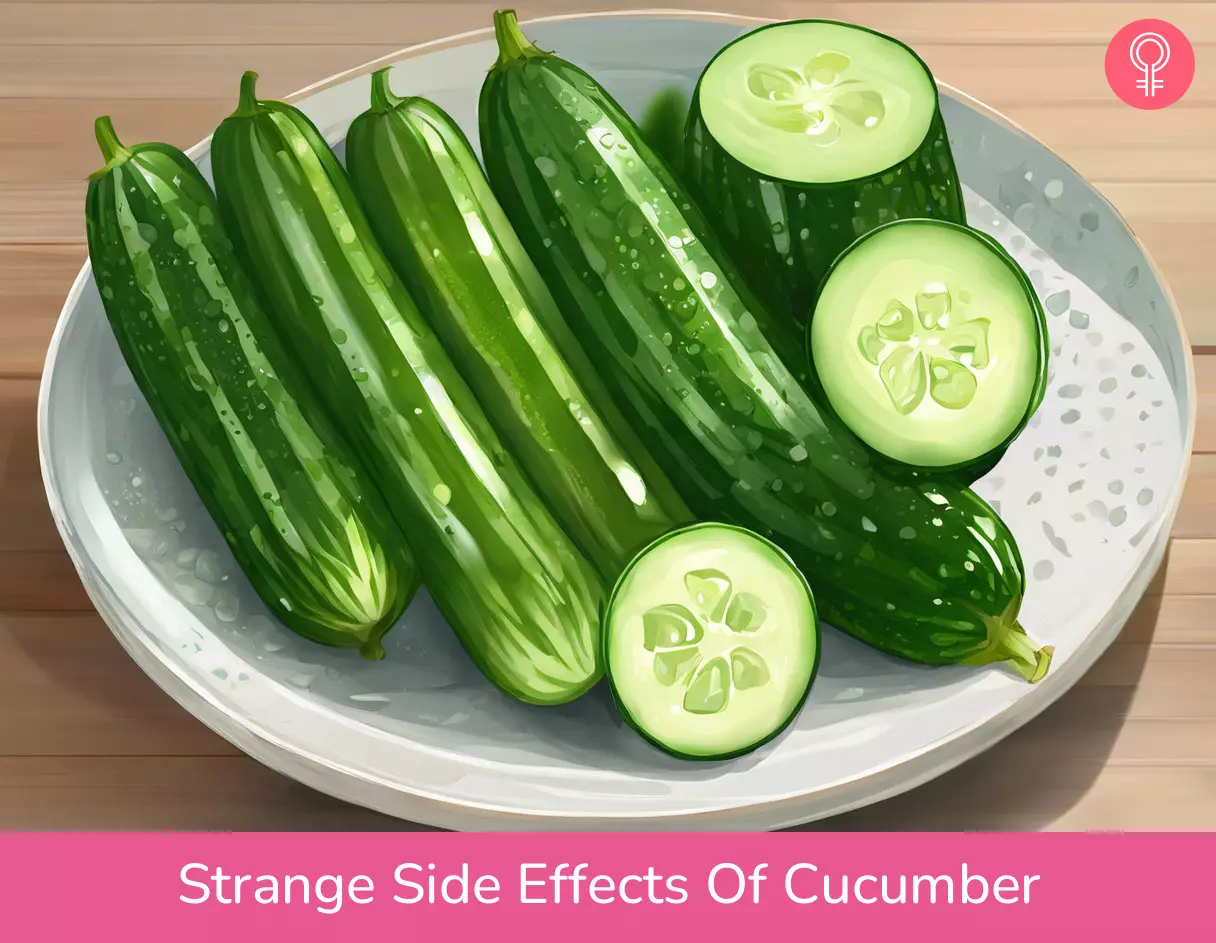
Image: Stable Diffusion/StyleCraze Design Team
Curious about the strange side effects of cucumber? Check out this video to learn 10 surprising side effects of cucumber!
Personal Experience: Source
StyleCraze's articles are interwoven with authentic personal narratives that provide depth and resonance to our content. Below are the sources of the personal accounts referenced in this article.
i. Healthy But Hurtful Veggieshttps://medium.com/in-fitness-and-in-health/healthy-but-hurtful-veggies-a1703c01bc3b
References
Articles on StyleCraze are backed by verified information from peer-reviewed and academic research papers, reputed organizations, research institutions, and medical associations to ensure accuracy and relevance. Read our editorial policy to learn more.
- Cucumber with peel raw
https://fdc.nal.usda.gov/food-details/168409/nutrients - Phytochemical and therapeutic potential of cucumber
https://pubmed.ncbi.nlm.nih.gov/23098877/ - Cucurbitacins – An insight into medicinal leads from nature
https://www.ncbi.nlm.nih.gov/pmc/articles/PMC4441156/ - Determination of cucurbitacin E in some selected herbs of ayurvedic importance through RP-HPLC
https://www.ncbi.nlm.nih.gov/pmc/articles/PMC7527799/ - Vitamin C and Immune Function
https://pubmed.ncbi.nlm.nih.gov/29099763/ - Two Faces of Vitamin C—Antioxidative and Pro-Oxidative Agent
https://pmc.ncbi.nlm.nih.gov/articles/PMC7285147/ - Vitamin C deficiency
https://www.ncbi.nlm.nih.gov/books/NBK493187/ - Hyperkalemia
https://www.ncbi.nlm.nih.gov/books/NBK470284/ - Fluid and electrolyte overload in critically ill patients: An overview
https://pmc.ncbi.nlm.nih.gov/articles/PMC4411563/ - Identification of casein as the major allergenic and antigenic protein of cow’s milk
https://pubmed.ncbi.nlm.nih.gov/8837665/ - Vegetable fiber fermentation by human fecal bacteria: cell wall polysaccharide disappearance and short-chain fatty acid production during in vitro fermentation and water-holding capacity of unfermented residues
https://pubmed.ncbi.nlm.nih.gov/8387579/ - Inhibitory actions of a high fibre diet on intestinal gas transit in healthy volunteers
https://pmc.ncbi.nlm.nih.gov/articles/PMC1774297/ - Pollen Food Allergy Syndrome
https://acaai.org/allergies/allergic-conditions/food/pollen-food-allergy-syndrome/ - Cucumber anaphylaxis in a latex-sensitized patient
https://pubmed.ncbi.nlm.nih.gov/21548453/
Read full bio of Jessie Hulsey
- Alicia Chacha Miller is a Registered Dietitian specializing in maternal and pediatric nutrition. She obtained her Master's degree in Nutrition Sciences from the University of Southern California. Her work is focused on bridging the gap in health disparities between BIPOC (Black, Indigenous, and People of Color) and other races by making nutrition education available, accessible, and easy to understand. She is the founder of The Cardamom Nutrition, where evidence-based practice, diversity, inclusion, cultural competence, and compassion all collide.
 Alicia Chacha Miller is a Registered Dietitian specializing in maternal and pediatric nutrition. She obtained her Master's degree in Nutrition Sciences from the University of Southern California. Her work is focused on bridging the gap in health disparities between BIPOC (Black, Indigenous, and People of Color) and other races by making nutrition education available, accessible, and easy to understand. She is the founder of The Cardamom Nutrition, where evidence-based practice, diversity, inclusion, cultural competence, and compassion all collide.
Alicia Chacha Miller is a Registered Dietitian specializing in maternal and pediatric nutrition. She obtained her Master's degree in Nutrition Sciences from the University of Southern California. Her work is focused on bridging the gap in health disparities between BIPOC (Black, Indigenous, and People of Color) and other races by making nutrition education available, accessible, and easy to understand. She is the founder of The Cardamom Nutrition, where evidence-based practice, diversity, inclusion, cultural competence, and compassion all collide.
Read full bio of Tanya Choudhary
Read full bio of Ravi Teja Tadimalla
Read full bio of Moksha Gandhi








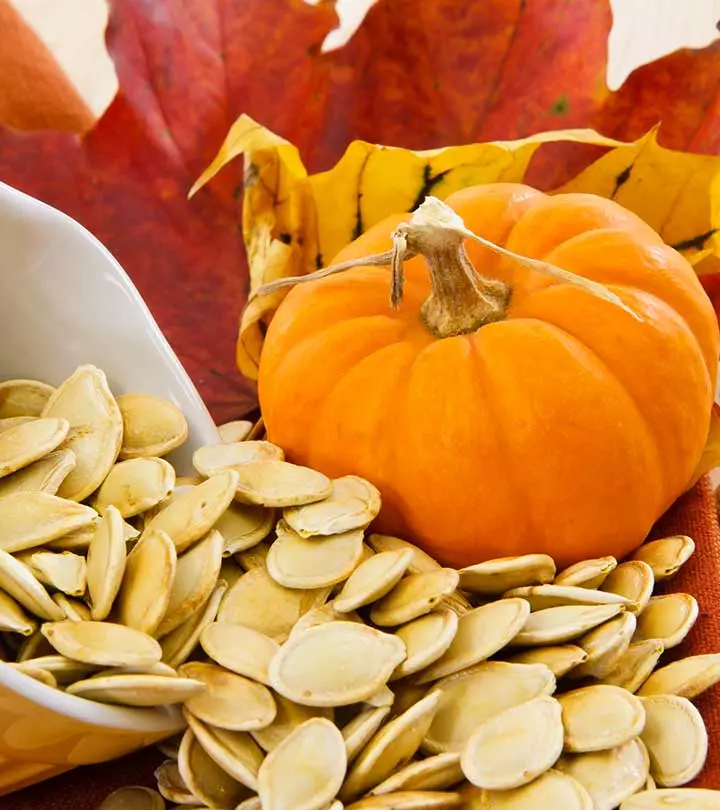
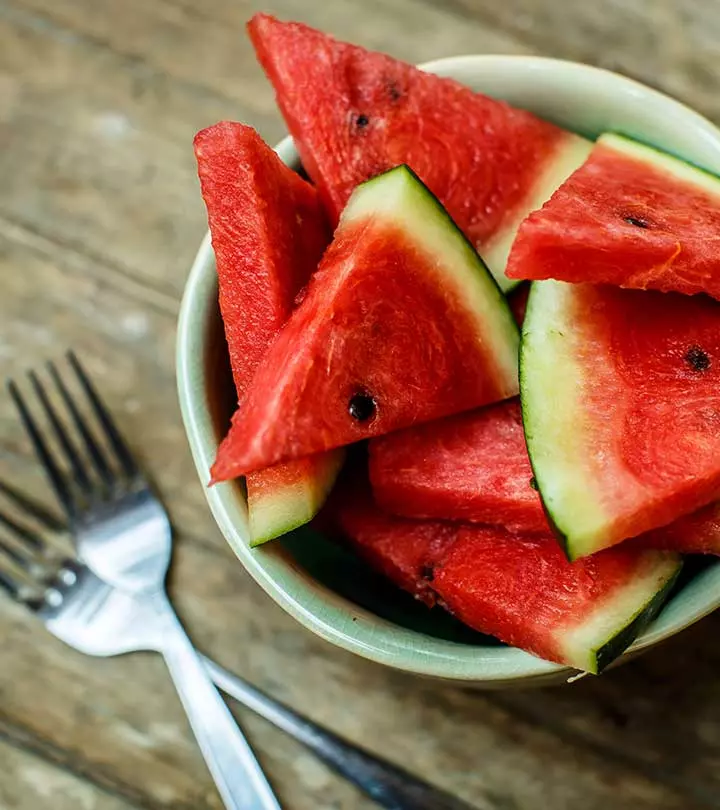
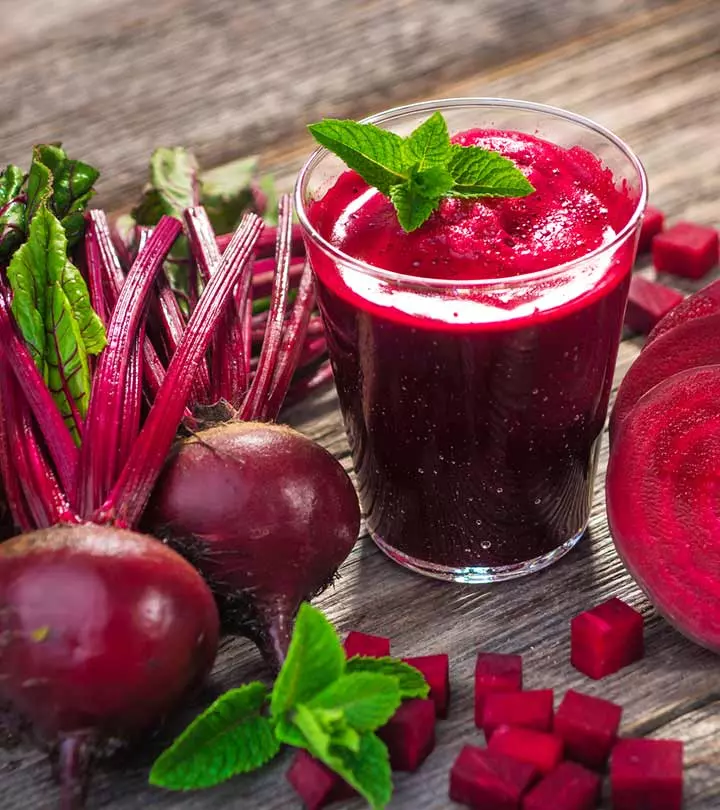
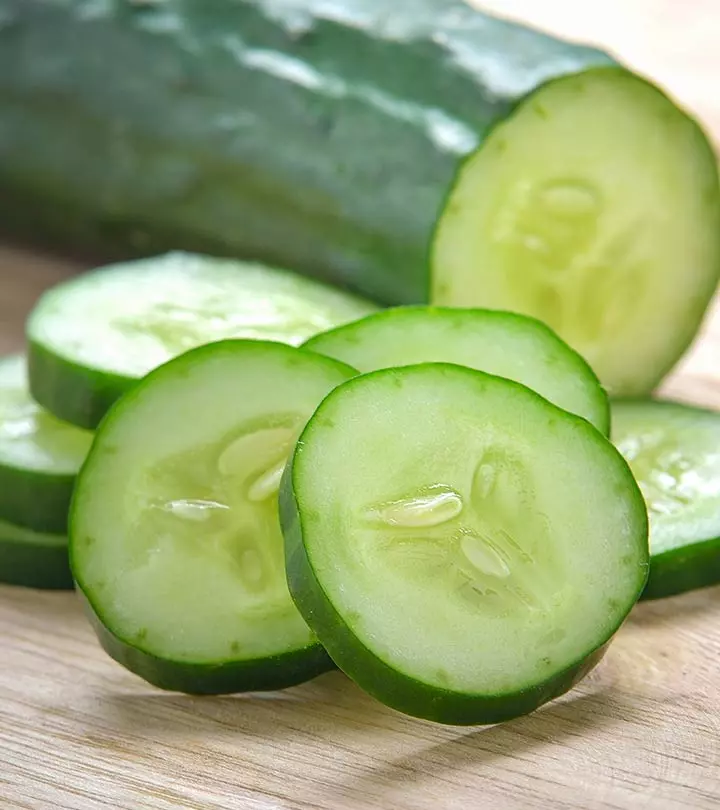
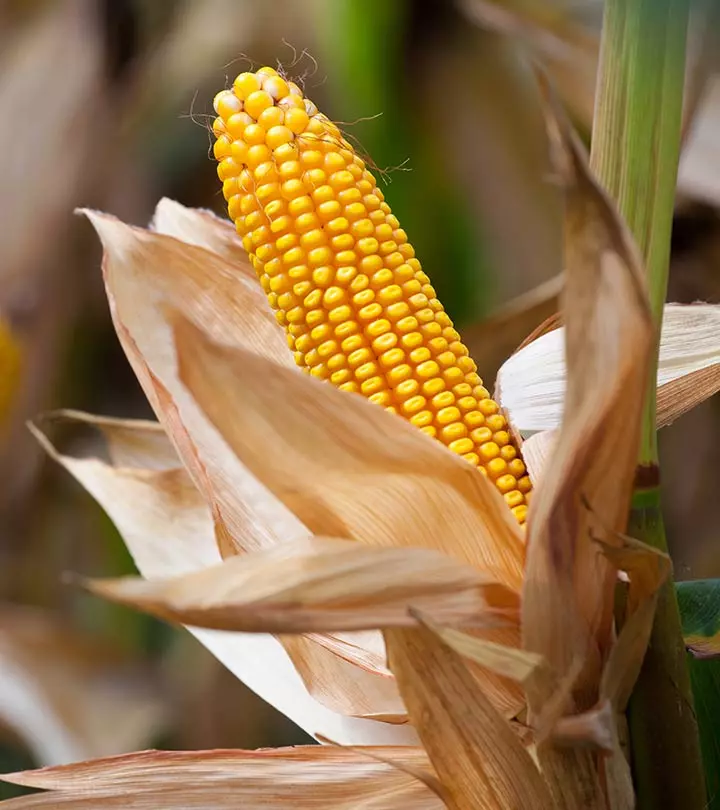
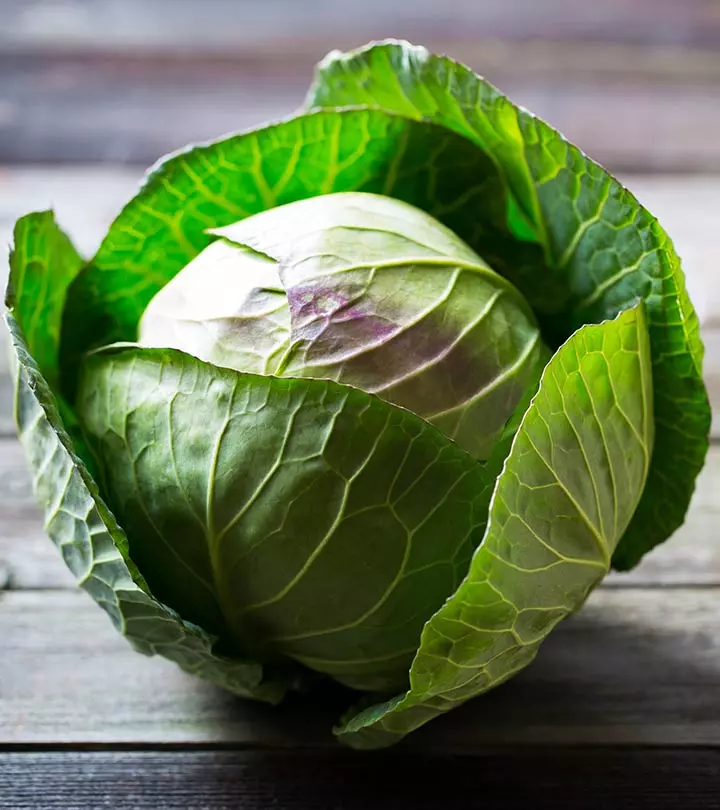









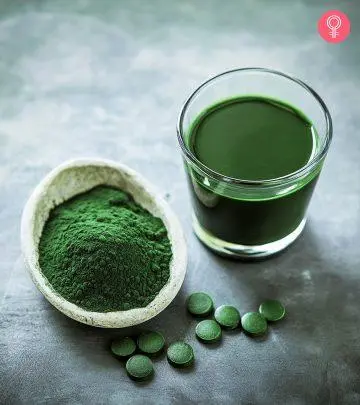



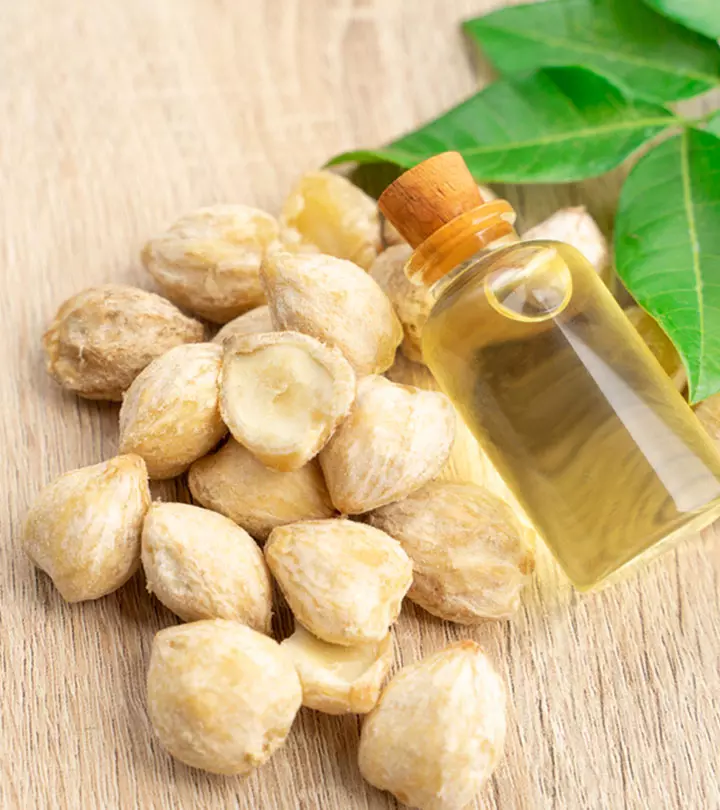
Community Experiences
Join the conversation and become a part of our empowering community! Share your stories, experiences, and insights to connect with other beauty, lifestyle, and health enthusiasts.